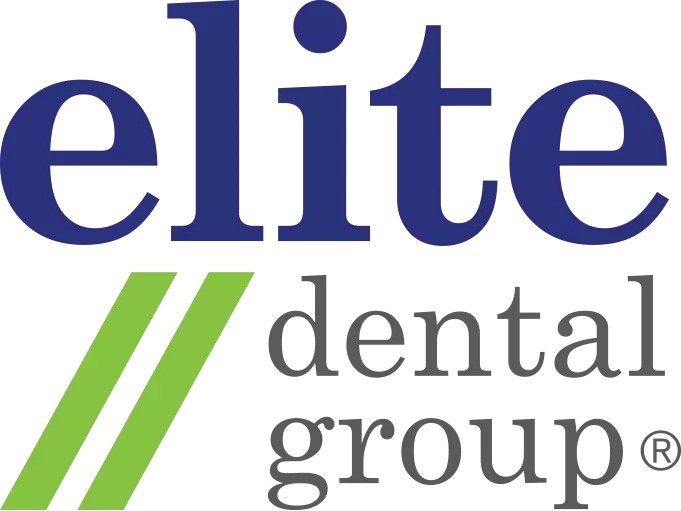
For most people, getting dental implants is the first step to restoring their former chewing and biting capabilities. Dental implant surgery can also help preserve the structure of the jaw after teeth are lost. Dental implants are designed to support a vast range of prostheses that replace missing or damaged teeth.
After dental implants are placed in the jaw, they fuse with the bones. This makes them a robust anchor for different tooth replacement options. Depending on what your dentist recommends, you can get crowns, bridges, or removable teeth that look and feel like your natural teeth.
While dental implants provide a lot of peerless benefits, some patients are apprehensive about the procedure due to its nature. The good thing is most pre-procedure anxiety can be easily alleviated when you arm yourself with adequate knowledge about preparation and optimal recovery.
While the idea of inserting screw-like implants into the jaw and gums can sound intimidating, the surgery is actually not as intimidating as it seems. The most prevalent post-op issues people face include swelling, pain, and bleeding. Fortunately, all those can be easily managed with proper rest and the right medications.
Preparing for Dental Implant Surgery
Prior to getting dental implants, it is crucial to be proactive to ensure your recovery is as smooth as possible. Some things you can do before surgery day include:
Meals
Prior to the surgery, it would be best to prepare soft foods you can consume while you recuperate. Oftentimes, your gums can become tender especially the first few days. Also, you might not be able to chew harder foods like raw vegetables or nuts.
Fortunately, you can still get all the nutritious foods you need through juicing. Pre-made nutritional shakes is another option you can look into. Grabbing a local smoothie or a milkshake can also be a great treat that can help boost your mood while you recover.
Plans
Play it safe by not planning any important or tedious activities at least a week after your dental implant procedure. Consider it best to dedicate the first three days post-surgery to rest and self-care.
While some patients are able to return to work or school after 3 days, it is best to be prudent and not have anything scheduled after just a few days post-surgery.
Fasting
If you are going to be sedated, it is advisable that you do not eat for 4-12 hours. Check with your dentist for any fasting specifics so you can prepare ahead of time.
Comfort
Comfort is of primary importance when you undergo dental procedures, especially complex ones. In line with this, it is recommended that you wear loose and comfortable clothing. It is also advisable that you remove any nail polish or makeup.
Ride
If you are going to be sedated, ensure you have someone who can pick you up and take you home. It is also crucial that your dentist is aware of all the medications and supplements you are taking to ensure your safety during the entire procedure (this is especially necessary if you are taking blood thinners).
It is highly likely that you will be asked to discontinue taking omega-3 fish oils, vitamin C, and aspirin prior to your appointment. Adhere to any specific instructions provided by your dentist especially when it comes to medications.
This should also be something you need to take up with your dentist during the planning stage. It is also a good idea to take note of all the specific instructions provided by your dentist so you don’t miss anything.
Also, it is also ideal to report to the appointment fully rested so you will have a pleasant and relaxing experience.

 Elite Dental Group
Elite Dental Group